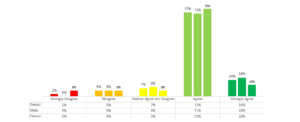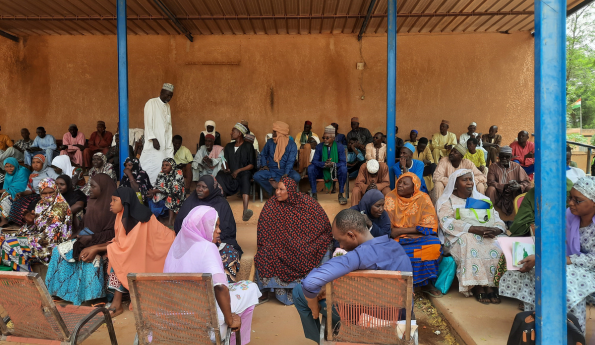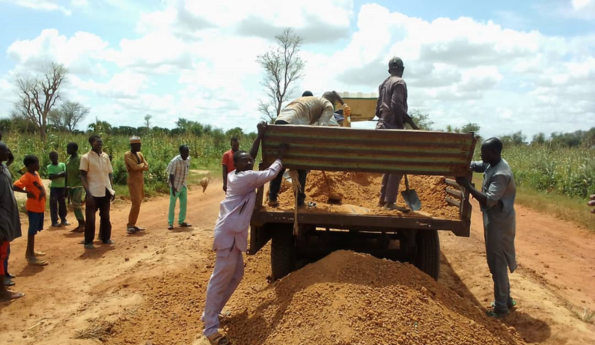Using Data to Combat Violent Extremism
Niger is a large, landlocked country located in the Sahel region, nestled in a key geostrategic location between the Sahara Desert, which makes up 80% of the country’s territory, and the West African states bordering the Atlantic Ocean. Niger lies within the spheres of influence of several violent extremist organizations, including Boko Haram and the Islamic State West Africa Province. The organizations exploit existing inter-community conflict and porous borders to attack. In Niger’s Diffa region, Boko Haram conducts regular raids and violent incursions from their base in Nigeria.

Counterpart is working with community networks to combat violent extremist organizations operating in the region.
Counterpart is countering violent extremism in Diffa through the US Department of State-funded Nallewaro program. Nallewaro means “for peace” in the local language of Kanuri. Its approach is based in facilitating regular dialogue between state law enforcement and the local communities they serve, as well as empowering communities to actively contribute to local peace and security. A key aspect of the program’s strategy consists of setting up networks of volunteer citizens who are tasked with liaising with law enforcement to report on suspected insurgent activity, developing advocacy strategies for increasing trust between local law enforcement and their communities, and encouraging women leaders to take part in security policymaking.
Measuring Five Dimensions of Security
In February of 2021, Counterpart trained data collectors from five communes located in conflict affected areas—Diffa, Mainé Soroa, N’Guigmi, Goudoumaria, and Chétimari—and surveyed its networks of volunteers to measure how safe they felt. Using an Everyday Peace Indicator (EPI) survey, the team set out to measure local perceptions of peace. It looked at five aspects of their daily lives to see if:
- the community can work together
- the community is willing to seek out help from law enforcement
- community members feel safe in public spaces
- the community feels economically secure
- community members feel that they have easy access to decision makers and leadership.
Counterpart analyzed the data from this survey and will present its findings to the Nallewaro Networks. The team plans to conduct the surveys monthly and regularly update the networks on the results. The Nallewaro Networks will then develop plans to address the findings.
The objective of these surveys is to provide a snapshot of the overall sentiment in each community: positive, negative, or ambivalent, and on the different axes of security. If the EPI surveys find that a commune has a negative security sentiment, and particularly if after multiple surveys the team can recognize a downward trend, the Nallewaro team can use that data to allocate program resources where they are most needed. Sharing the EPI results with the Nallewaro Networks also serves as a feedback loop mechanism in which the networks can use this information to tailor their advocacy strategies to specific security issues currently important to their community. This data collection and analysis is a crucial part of ensuring that Counterpart is as effective as possible in combatting violent extremism in the Diffa region.

Table 3: People in my community do not hesitate to seek help from the security forces when they are concerned about violence and security.




